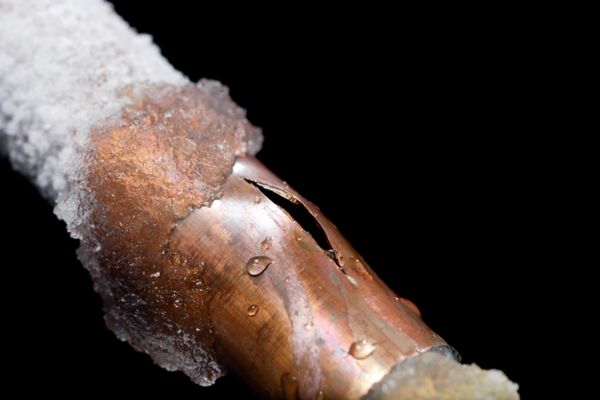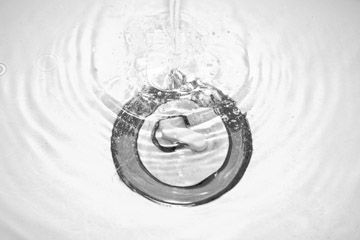The best way to deal with a blocked drain is to not let it happen in the first place. Regularly flushing your drains with boiling water or with a mixture of baking soda, cream of tartar and salt can help keep you drains clear. Nonetheless, at some point, it's likely that blockages will find their way into your drains and in most cases, you should be able to remedy the problem yourself, without needing to turn to (and pay for) a professional.
Some clogs can be fixed by pouring baking soda down the drain, followed by vinegar, and letting the mixture sit for a few hours before flushing. Buildup of grease can be removed using baking soda and salt, followed by boiling water. You can use a plunger to take care of some blockages. Cover the overflow openings (if any) with a damp cloth and fill the basin with enough water to cover the bulb of the plunger. Push the handle up and down a number of times, and jerk the plunger up.
Advertisement
When the drain is blocked further down, or the plunger isn't working, you may need to use a plumber's auger or snake. You can use the auger through the plug hole of the basin or tub, through the floor drain, or even through the main clean-out where the drain leaves the building. If an outside drain is blocked because tree roots have grown in through the joints in the pipes, you may need a power auger or electric rooter (these can often be rented at home improvement or tool rental stores).
Kitchen sinks and toilets have traps that hold an amount of water to stop sewer gas from rising and getting into our homes. It's important to maintain these drain traps so they function properly; it's a good idea to check them regularly. If they are blocked or leaking, it's possible to buy replacement parts and change the trap yourself.
Advertisement


